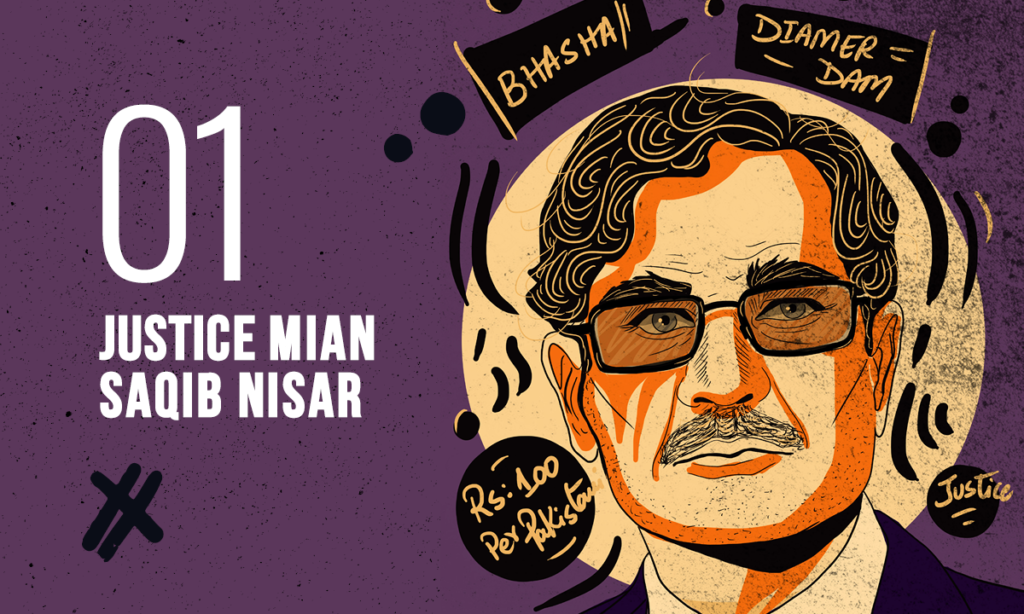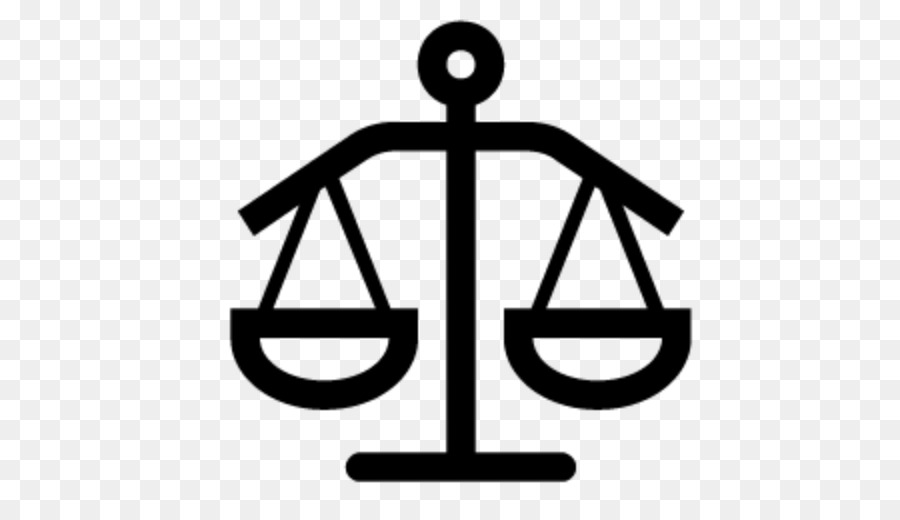
When faced with challenges, the judiciary in Pakistan has traditionally operated within four arenas of influence at the macro level, that is, the arenas of appeasement, activism, evasion, and furtherance. For some, the judiciary’s greatest strength lies in its flexibility of approach in testing times. However, such an approach has costs as well, including challenges to its credibility, reliability, and its reputation as an institution created to protect the rights of the people, amongst other things.
History is supposed to be one’s teacher. If you learn from it, you will in all likelihood avoid repeating the errors of yesteryear. If you are Pakistan, however, you may very well consider repetition a virtue.
Pakistan has seen much. The ‘revolutionary coup’ of Field Marshal Ayub Khan, who felt that Pakistanis were not ready for democracy and had to be educated for it to take root. General Yahya Khan, who oversaw the break-up of Pakistan itself. General Zia-ul-Haq, who aimed to hold free and fair elections in ninety days only to recant subsequently in the name of Islamization. And General Musharraf, who had rallied in the name of accountability, ending corruption, and ‘enlightened moderation’, and yet managed to achieve none of the above. In between these periods existed bouts of democratic intervals in which politicians were seen quarreling whilst the powers that be were said to be securing the national interests of the country.
 If we take all these periods together, there appears to be a pattern. In all regimes, to a varying degree, the democratic intelligence of the people was underestimated and dismissed, corruption and accountability was emphasized, and a consistent vilification of politicians took place.
If we take all these periods together, there appears to be a pattern. In all regimes, to a varying degree, the democratic intelligence of the people was underestimated and dismissed, corruption and accountability was emphasized, and a consistent vilification of politicians took place.
In addition to this, however, there was and is another commonality which goes to the very root of our continuing problems. This commonality involves the judiciary.
The judiciary is supposed to act as a bulwark against the excesses of the executive. It is to be a check on the arbitrary use of power, and although unelected, it is an institution which is supposed to be above jingoism and beyond executive influence.
Historically, Pakistan’s judiciary has operated in four overlapping theatres at the macro level, that is, in the theatres of appeasement, activism, evasion, and furtherance. It seemingly shifts between them according to the circumstances in play, Chief Justices on seat, and the matters before it.

In extraordinary times, the judiciary has been seen to appease those in power and blatantly justify illegalities on the touchstone of necessity dressed up in intricate legal theories. Pakistan has seen this during various military rule, where autocrats have been given a right to alter the Constitution by an institution which ironically cannot claim to be anything but its creation.
In other periods, the judiciary has exhibited bouts of judicial activism. Intriguingly, such interventions are typically against corruption, inefficiency, and the incompetence of elected officials, and can be best exemplified by the tenures of Justice Iftikhar Chaudhry, and to an extent, Justice Saqib Nisar. In these eras, the reach of the judiciary was wide, whilst executive paralysis was at a peak. Interestingly, however, the reach of such activism typically remains limited to civilian acts.
In addition to the above, the judiciary may also make use of more nuanced methods of influence. In certain matters, whether true or not, the judiciary is perceived to avoid rendering decisions by adjourning or delaying cases. This concept of judicial evasion was elaborated upon by Mr. Gautam Bhatia, who stated that in doing so, the judicial setup tacitly supports the status quo without actually putting its entire weight behind it.
Gautam was referring to the Indian judiciary’s approach to the Kashmir issue in light of the revocation of Article 370 of the Indian Constitution, and various pending habeas corpus petitions. However, the concept seemingly applies to Pakistan as well. Whether it be in relation to enforced disappearances and missing persons, censorship of the media, the alleged blackmail of accountability judges, or the selective nature of the accountability process, the judiciary is questioned by many as evading their constitutional obligation to stop the overreach of the executive.
Simultaneously, the judiciary, at times, also acts in furtherance of a momentum that has taken wind or has been artificially created. In such a circumstance, the judiciary goes a step further and is perceived to play a part in the national discourse. The judiciary is seen furthering policy objectives of the government in the decisions it renders. Inevitably, when the judiciary does so, it results in the contraction of the fundamental rights of the people.
 This was seen in the times of Justice Saqib Nisar and his fascination with building dams, where, amongst other things, individuals were ostensibly deprived of their rights in the name of building a dam, and by being ‘encouraged’ to contribute to the fund so as to presumably have their matters disposed of. It can also be seen in the judiciary’s positioning on corruption, whereby its judgments have limited the citizen’s entitlement to bail in NAB investigations, and in consequence thereto, their right to life and liberty.
This was seen in the times of Justice Saqib Nisar and his fascination with building dams, where, amongst other things, individuals were ostensibly deprived of their rights in the name of building a dam, and by being ‘encouraged’ to contribute to the fund so as to presumably have their matters disposed of. It can also be seen in the judiciary’s positioning on corruption, whereby its judgments have limited the citizen’s entitlement to bail in NAB investigations, and in consequence thereto, their right to life and liberty.
It is also signified by the handling of the Judge Arshad scandal. The Supreme Court, whilst refraining from rendering any decision on the video scandal, has pretty much done just as much by providing mandatory guidelines for the video’s admission in evidence before the Islamabad High Court. The strictness of these guidelines has arguably rendered its admission highly improbable, and simultaneously, may have also irreparably affected the accused’s right to a fair trial.
As a result of playing in these various arenas at different times, or even at the same time, the judiciary is more likely to be perceived as unreliable, fickle, and unpredictable. Its priorities are seen to change in extremities, as does its focus. As opposed to being garnished as the guardians of their rights, many would view the actions of the judicial setup with greater suspicion, and consider them to be a major reason behind the diminished space to exercise various fundamental rights.
Therefore, to rectify matters, the judiciary will have to at the very least discard its shifting approaches in varying circumstances in favour of a singular vision for a strict adherence to the law. In doing so, it will allow the judicial apparatus to come into its own as an institutional vanguard and as the most .
In that sense, and only then, could it be said that necessity as a principle of expediency has been vanquished to the depths from whence it came.
History is supposed to be one’s teacher. If you learn from it, you will in all likelihood avoid repeating the errors of yesteryear. If you are Pakistan, however, you may very well consider repetition a virtue.
Pakistan has seen much. The ‘revolutionary coup’ of Field Marshal Ayub Khan, who felt that Pakistanis were not ready for democracy and had to be educated for it to take root. General Yahya Khan, who oversaw the break-up of Pakistan itself. General Zia-ul-Haq, who aimed to hold free and fair elections in ninety days only to recant subsequently in the name of Islamization. And General Musharraf, who had rallied in the name of accountability, ending corruption, and ‘enlightened moderation’, and yet managed to achieve none of the above. In between these periods existed bouts of democratic intervals in which politicians were seen quarreling whilst the powers that be were said to be securing the national interests of the country.
 If we take all these periods together, there appears to be a pattern. In all regimes, to a varying degree, the democratic intelligence of the people was underestimated and dismissed, corruption and accountability was emphasized, and a consistent vilification of politicians took place.
If we take all these periods together, there appears to be a pattern. In all regimes, to a varying degree, the democratic intelligence of the people was underestimated and dismissed, corruption and accountability was emphasized, and a consistent vilification of politicians took place.In addition to this, however, there was and is another commonality which goes to the very root of our continuing problems. This commonality involves the judiciary.
The judiciary is supposed to act as a bulwark against the excesses of the executive. It is to be a check on the arbitrary use of power, and although unelected, it is an institution which is supposed to be above jingoism and beyond executive influence.
Historically, Pakistan’s judiciary has operated in four overlapping theatres at the macro level, that is, in the theatres of appeasement, activism, evasion, and furtherance. It seemingly shifts between them according to the circumstances in play, Chief Justices on seat, and the matters before it.

Image from Herald Magazine
In extraordinary times, the judiciary has been seen to appease those in power and blatantly justify illegalities on the touchstone of necessity dressed up in intricate legal theories. Pakistan has seen this during various military rule, where autocrats have been given a right to alter the Constitution by an institution which ironically cannot claim to be anything but its creation.
In other periods, the judiciary has exhibited bouts of judicial activism. Intriguingly, such interventions are typically against corruption, inefficiency, and the incompetence of elected officials, and can be best exemplified by the tenures of Justice Iftikhar Chaudhry, and to an extent, Justice Saqib Nisar. In these eras, the reach of the judiciary was wide, whilst executive paralysis was at a peak. Interestingly, however, the reach of such activism typically remains limited to civilian acts.
In addition to the above, the judiciary may also make use of more nuanced methods of influence. In certain matters, whether true or not, the judiciary is perceived to avoid rendering decisions by adjourning or delaying cases. This concept of judicial evasion was elaborated upon by Mr. Gautam Bhatia, who stated that in doing so, the judicial setup tacitly supports the status quo without actually putting its entire weight behind it.
Gautam was referring to the Indian judiciary’s approach to the Kashmir issue in light of the revocation of Article 370 of the Indian Constitution, and various pending habeas corpus petitions. However, the concept seemingly applies to Pakistan as well. Whether it be in relation to enforced disappearances and missing persons, censorship of the media, the alleged blackmail of accountability judges, or the selective nature of the accountability process, the judiciary is questioned by many as evading their constitutional obligation to stop the overreach of the executive.
Simultaneously, the judiciary, at times, also acts in furtherance of a momentum that has taken wind or has been artificially created. In such a circumstance, the judiciary goes a step further and is perceived to play a part in the national discourse. The judiciary is seen furthering policy objectives of the government in the decisions it renders. Inevitably, when the judiciary does so, it results in the contraction of the fundamental rights of the people.
 This was seen in the times of Justice Saqib Nisar and his fascination with building dams, where, amongst other things, individuals were ostensibly deprived of their rights in the name of building a dam, and by being ‘encouraged’ to contribute to the fund so as to presumably have their matters disposed of. It can also be seen in the judiciary’s positioning on corruption, whereby its judgments have limited the citizen’s entitlement to bail in NAB investigations, and in consequence thereto, their right to life and liberty.
This was seen in the times of Justice Saqib Nisar and his fascination with building dams, where, amongst other things, individuals were ostensibly deprived of their rights in the name of building a dam, and by being ‘encouraged’ to contribute to the fund so as to presumably have their matters disposed of. It can also be seen in the judiciary’s positioning on corruption, whereby its judgments have limited the citizen’s entitlement to bail in NAB investigations, and in consequence thereto, their right to life and liberty.It is also signified by the handling of the Judge Arshad scandal. The Supreme Court, whilst refraining from rendering any decision on the video scandal, has pretty much done just as much by providing mandatory guidelines for the video’s admission in evidence before the Islamabad High Court. The strictness of these guidelines has arguably rendered its admission highly improbable, and simultaneously, may have also irreparably affected the accused’s right to a fair trial.
As a result of playing in these various arenas at different times, or even at the same time, the judiciary is more likely to be perceived as unreliable, fickle, and unpredictable. Its priorities are seen to change in extremities, as does its focus. As opposed to being garnished as the guardians of their rights, many would view the actions of the judicial setup with greater suspicion, and consider them to be a major reason behind the diminished space to exercise various fundamental rights.
Therefore, to rectify matters, the judiciary will have to at the very least discard its shifting approaches in varying circumstances in favour of a singular vision for a strict adherence to the law. In doing so, it will allow the judicial apparatus to come into its own as an institutional vanguard and as the most .
In that sense, and only then, could it be said that necessity as a principle of expediency has been vanquished to the depths from whence it came.
